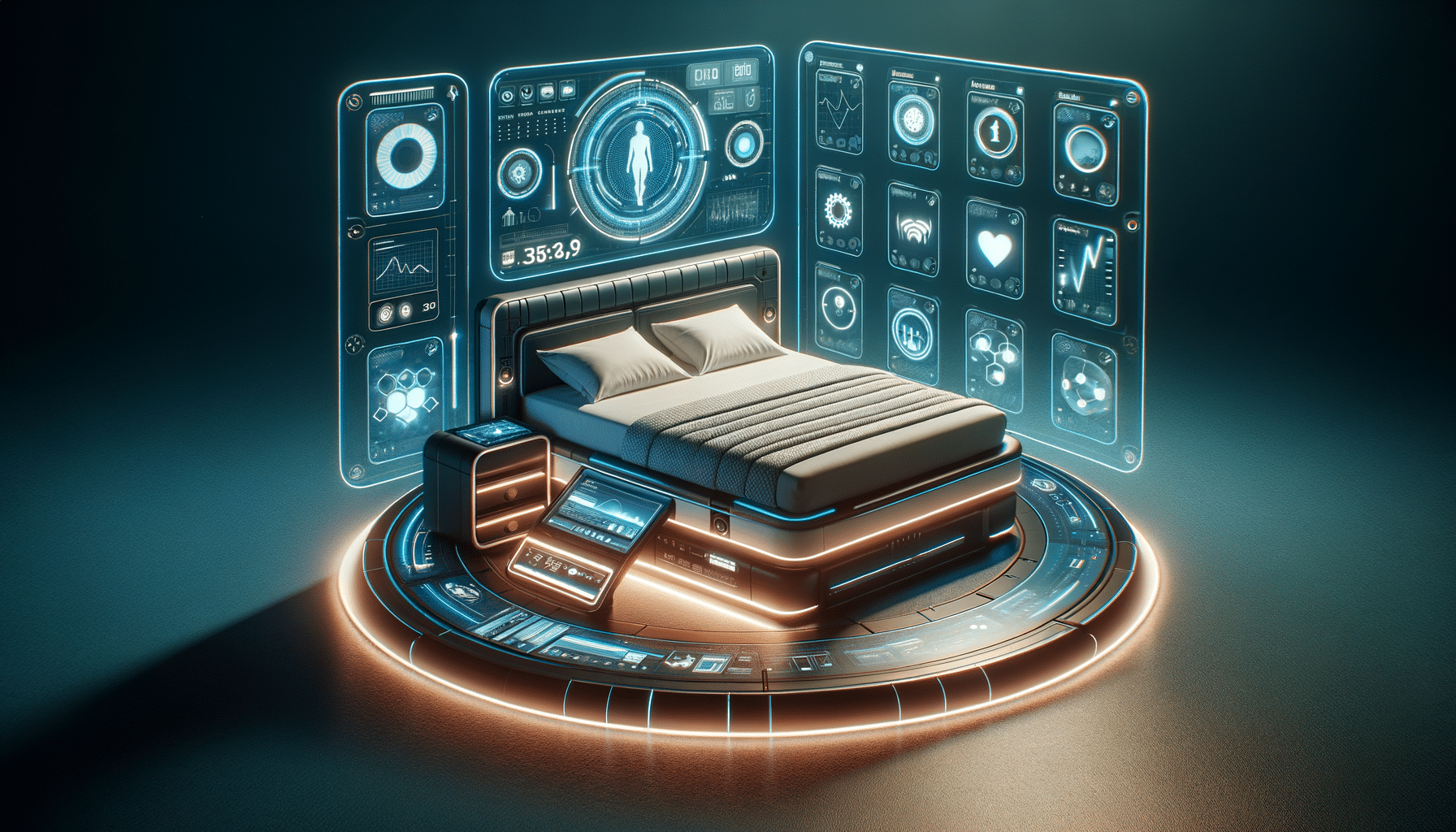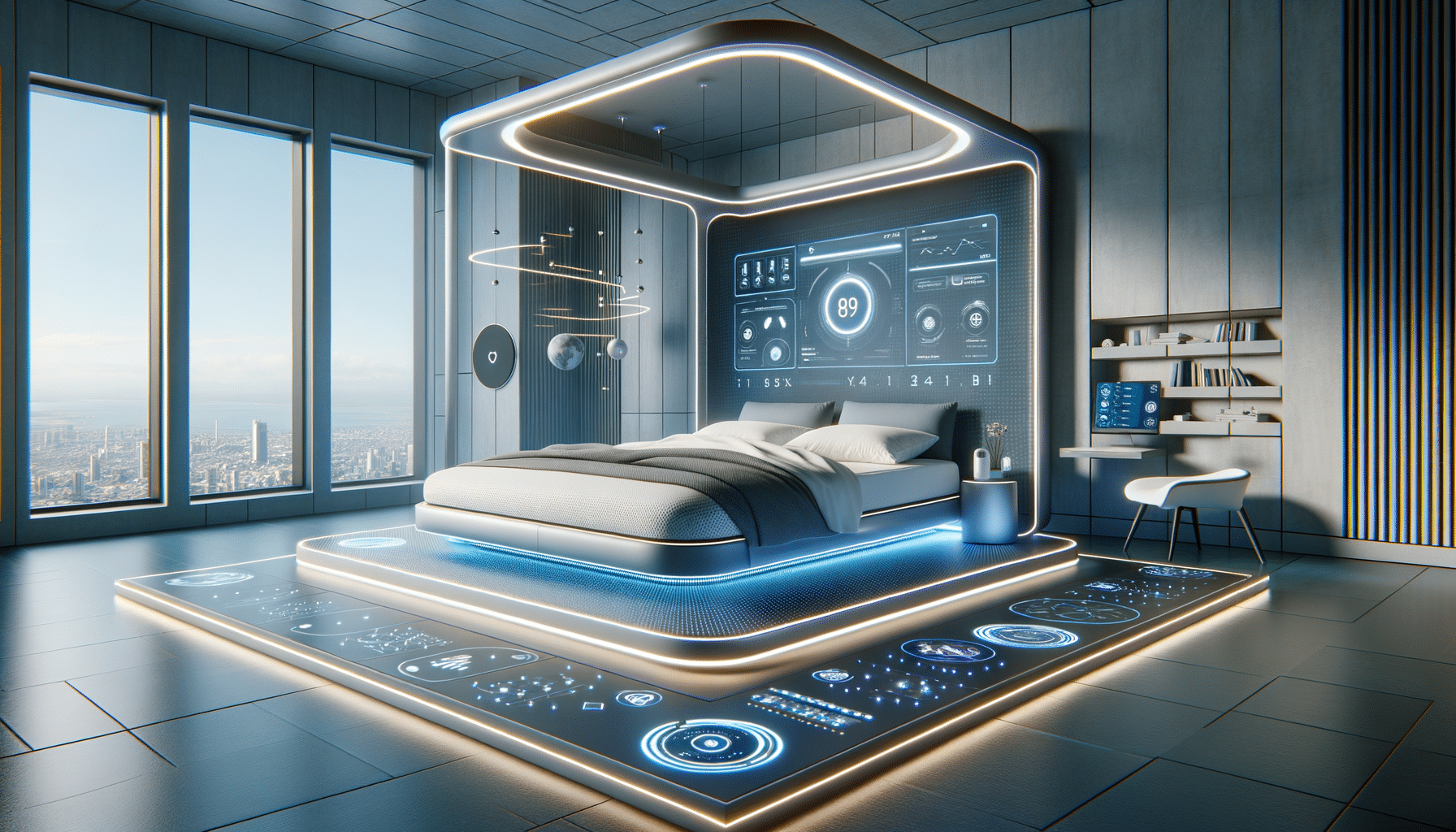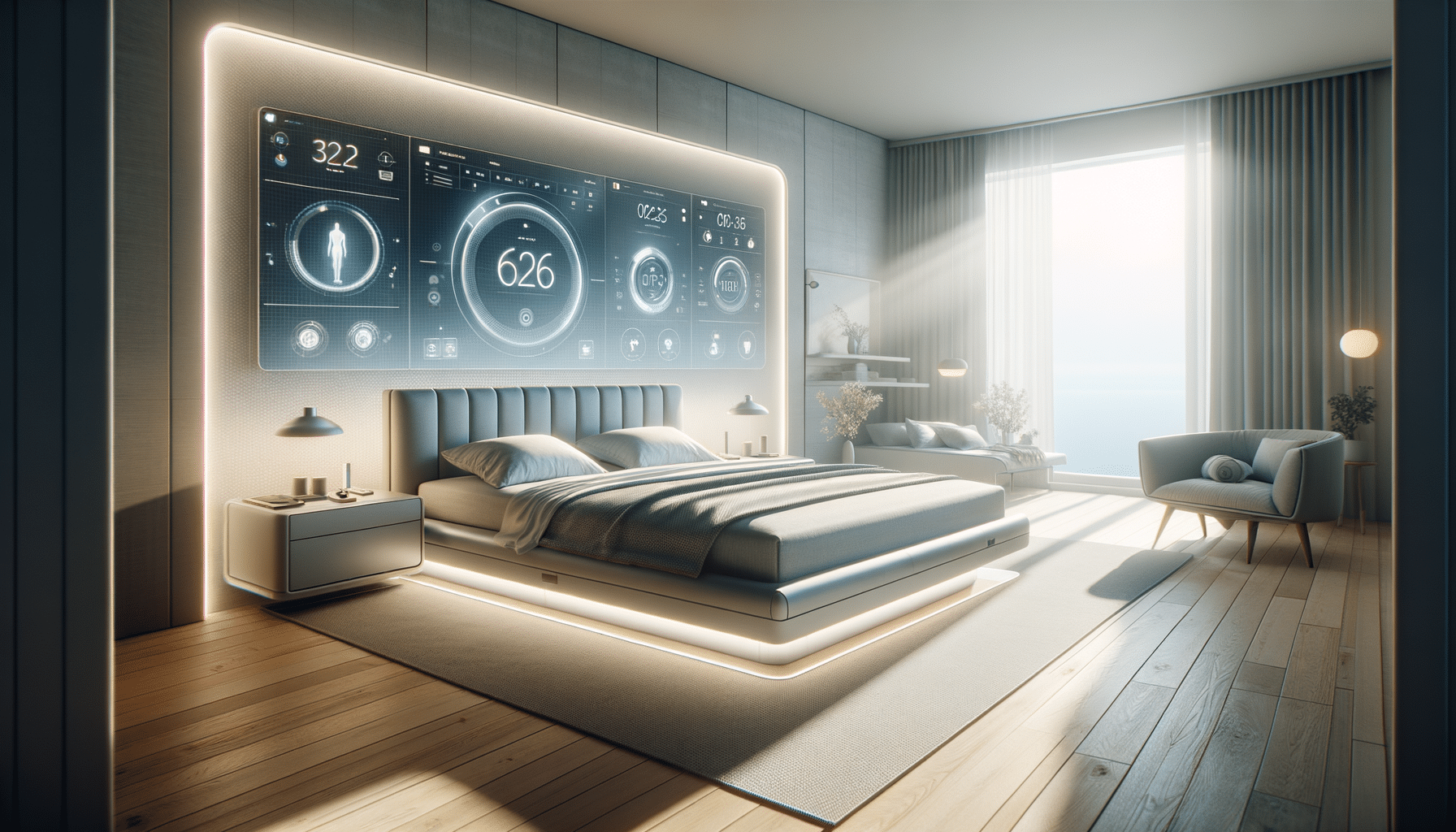
Exploring the World of Smart Beds: A New Era in Sleep Technology
Introduction to Smart Beds
In the ever-evolving landscape of home technology, smart beds have emerged as a significant innovation, promising to transform the way we sleep. These advanced sleeping systems incorporate a variety of technologies designed to enhance comfort, monitor health, and improve sleep quality. As our understanding of sleep’s importance grows, so does the demand for solutions that cater to individual needs and preferences. Smart beds are at the forefront of this movement, offering a personalized sleep experience that adapts to the user’s lifestyle.
Smart beds are designed to do more than just provide a place to rest. They integrate features such as adjustable firmness, sleep tracking, and even climate control to create an optimal sleeping environment. By using sensors and connectivity, these beds can monitor sleep patterns, body movements, and other vital signs, providing valuable insights into sleep health. As such, they are not just a luxury but a tool for enhancing well-being.
Technological Features of Smart Beds
Smart beds are equipped with a range of technological features that set them apart from traditional beds. One of the most notable is the ability to adjust firmness levels. This feature allows users to customize their sleep surface to match their comfort needs, whether they prefer a softer or firmer mattress. Some models even allow different firmness settings on each side of the bed, catering to couples with different preferences.
Another key feature is sleep tracking, which uses sensors to monitor sleep stages, movements, and heart rate. This data is often synced with a mobile app, providing users with detailed reports on their sleep quality and patterns. Such insights can be invaluable for identifying sleep issues and making informed decisions about lifestyle changes.
Climate control is another advanced feature found in some smart beds. By adjusting the temperature of the bed, users can create a more comfortable sleeping environment, which is particularly beneficial for those who struggle with temperature regulation during sleep.
Health and Wellness Benefits
Smart beds offer numerous health and wellness benefits, making them an attractive option for health-conscious consumers. By tracking sleep patterns and other vital signs, these beds provide insights that can lead to better sleep hygiene and overall health improvements. For instance, identifying patterns such as frequent awakenings or restlessness can help users make adjustments to their sleep environment or routines.
Moreover, the ability to adjust firmness and temperature can alleviate common sleep issues such as back pain or night sweats. By providing a customizable sleep experience, smart beds can help users achieve deeper, more restorative sleep, which is essential for physical and mental well-being.
Some smart beds also offer features like anti-snore settings or gentle wake-up alarms, which further enhance the sleep experience and contribute to better health outcomes.
Considerations When Choosing a Smart Bed
When considering a smart bed, there are several factors to keep in mind to ensure you select the right model for your needs. First, consider the specific features that are most important to you. If sleep tracking is a priority, look for a bed with advanced sensors and a user-friendly app. For those who value comfort customization, adjustable firmness and climate control may be key features.
It’s also important to consider the cost, as smart beds can vary significantly in price. While they are an investment, the potential health benefits and improved sleep quality can justify the expense for many users.
Finally, consider the compatibility of the smart bed with other devices and apps you may already use. Integration with smart home systems can enhance the overall experience and convenience of using a smart bed.
Future of Smart Beds
The future of smart beds looks promising as technology continues to advance. We can expect to see even more sophisticated features and integrations, such as AI-powered sleep coaching and more seamless integration with smart home ecosystems. As research into sleep and health continues, smart beds will likely incorporate new findings to offer even more personalized and effective sleep solutions.
Furthermore, as the market for smart beds grows, we may see more affordable options become available, making these advanced sleep systems accessible to a wider audience. The focus on health and wellness is likely to drive further innovation in this space, ensuring that smart beds remain a relevant and valuable tool for improving sleep quality and overall well-being.
In conclusion, smart beds represent a significant step forward in sleep technology, offering a range of features that cater to individual needs and preferences. As they continue to evolve, they hold the potential to transform our approach to sleep and health.


